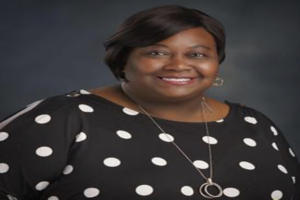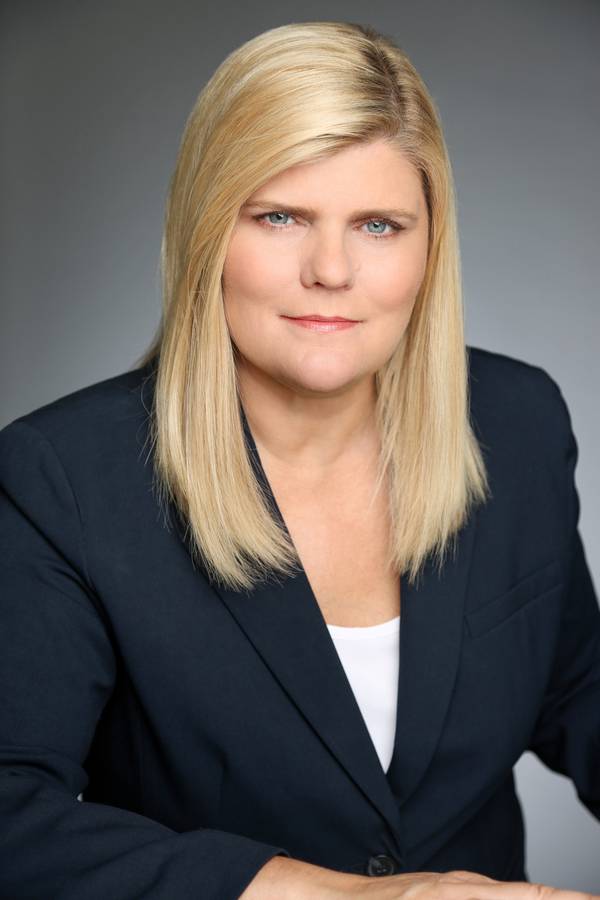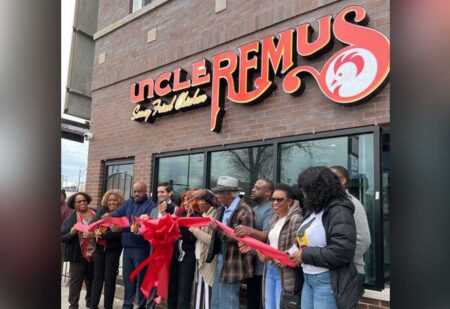The independent monitor that assesses the Chicago Police Department’s reform efforts said the city needs to “urgently address” lingering issues with staffing, supervision and data collection if CPD is to achieve compliance with its federal consent decree.
“We urge the City — and its new administration — to immediately make short- and long-term efforts to ensure required reforms become daily practices,” the independent monitoring team, led by former federal prosecutor Maggie Hickey, said in its seventh semi-annual report that was released Thursday. “This will likely need to include urgent implementation of (1) a comprehensive staffing study, (2) an efficient reporting and data system, and (3) a consistent community policing strategy.”
The seventh semi-annual report from the independent monitoring team covers CPD’s adherence to the consent decree between July 1 – Dec. 31, 2022. Each report grades the CPD’s level of compliance with the 552 “monitorable” paragraphs contained in the consent decree, which was approved by a federal judge and entered in early 2019.
“Preliminary compliance” means that the department has developed a policy to comply with the consent decree; “secondary compliance” signals that the department has started to train officers on that policy; and “full compliance” means that the policy is fully implemented into the department’s day-to-day operations.
In the second half of 2022, CPD achieved full compliance with 28 of the “monitorable” paragraphs in the consent decree — about 5%, the same number that were graded as fully compliant in the monitoring team’s sixth report.
The police department reached secondary compliance in 128 paragraphs, up from 96 in the previous report. Another 309 paragraphs were assessed to be in preliminary compliance — the same number as in the sixth report.
In August 2022, former CPD Superintendent David Brown fired the Executive Director of the CPD’s Office of Constitutional Policing and Reform, Robert Boik, after he protested Brown’s plan to move officers out of the reform office and into patrol.
After Boik’s dismissal, longtime CPD supervisor Tina Skahill was tasked with leading reform efforts. She quit the department earlier this month, citing “retaliation.” The current chief of the Office of Constitutional Policing and Reform, Angel Novalez, is a semi-finalist to become the next permanent CPD superintendent.
During a public forum last week, Hickey said CPD and the city still struggle to perform timely analyses of officers’ use of force incidents.
“They have a plan and they’re working on it, but it is very important to have that up-to-date because that’s where they spot trends,” Hickey said last week.







